Discovering an oil leak prompts timely action to prevent further damage. Addressing this issue promptly can save on potential repair costs down the line. Let’s explore the key factors influencing the expense of fixing an oil leak and better understand the associated considerations.
How Much Does It Cost to Fix an Oil Leak?
Repairing an oil leak varies in cost, spanning $400 to $2,000. If an oil pan gasket requires replacement, expenses rise, including labor.
The vehicle’s make and model also impact part costs, apart from the specific issue at hand. Understanding these factors sheds light on the overall repair expenditure.
What Causes Oil Leak?
Oil leaks in vehicles can be concerning, as they not only lead to potential engine damage but also leave unsightly stains on driveways and parking spots.
Several factors contribute to oil leaks, and understanding these causes can help vehicle owners take timely action and prevent further issues.
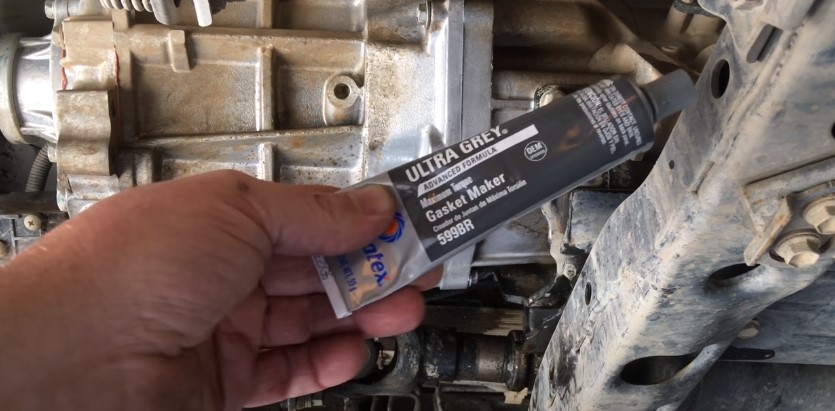
Degraded Gaskets and Seals
Gaskets and seals are crucial components that prevent oil from escaping various engine parts. Over time, these components can degrade due to heat, pressure, and general wear and tear.
When gaskets or seals fail, they create openings through which oil can escape, leading to leaks.
Worn-Out Oil Pan
The oil pan sits at the bottom of the engine and holds the engine’s oil. Continuous exposure to high temperatures and road debris can cause the oil pan to corrode or develop cracks, resulting in leaks. A damaged oil pan necessitates prompt replacement to prevent further leakage.
Loose or Improperly Fitted Components
During routine maintenance or repairs, components like oil filters, drain plugs, and other fasteners are removed and reinstalled. If not properly tightened or fitted, these components can become loose over time, causing oil to seep through gaps and openings.
Engine Damage
Internal engine damage, such as a cracked cylinder head or engine block, can lead to oil leaks. These types of leaks are often more severe and require immediate attention. Engine damage can result from overheating, poor maintenance, or manufacturing defects.
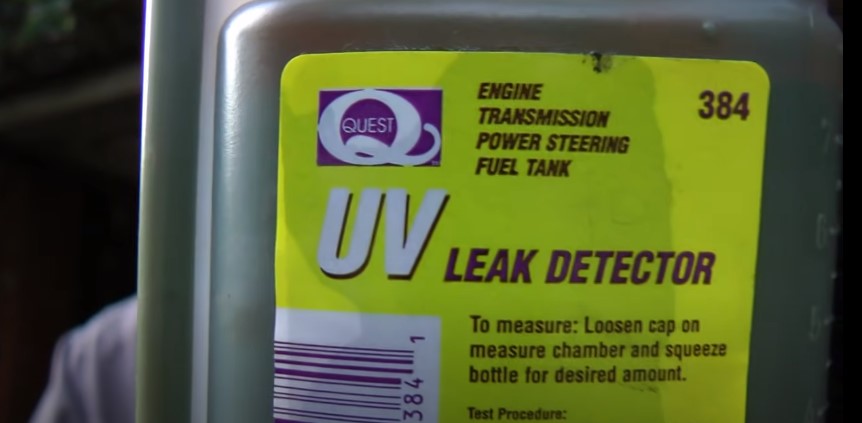
Age and Mileage
As vehicles age and accumulate mileage, the likelihood of oil leaks increases. Rubber seals and gaskets lose their elasticity, and metal parts may corrode or wear down, all of which contribute to potential leakage points.
Poor Maintenance
Neglecting routine maintenance, such as changing the oil and filter, can exacerbate the risk of oil leaks. Old, dirty oil can corrode engine components and increase pressure, leading to leaks.
Regular oil changes and inspections can help identify and address potential issues before they become major leaks.
External Factors
External factors like road debris, potholes, and extreme weather conditions can damage the undercarriage of a vehicle and its components. The resulting impacts can cause physical damage to the oil pan, hoses, and other parts, creating openings for oil to escape.
What is the Significance of Timely Oil Leak Repair?
Oil leaks in vehicles might appear as minor nuisances, but their implications can be far-reaching and detrimental to both the vehicle’s performance and the owner’s wallet.
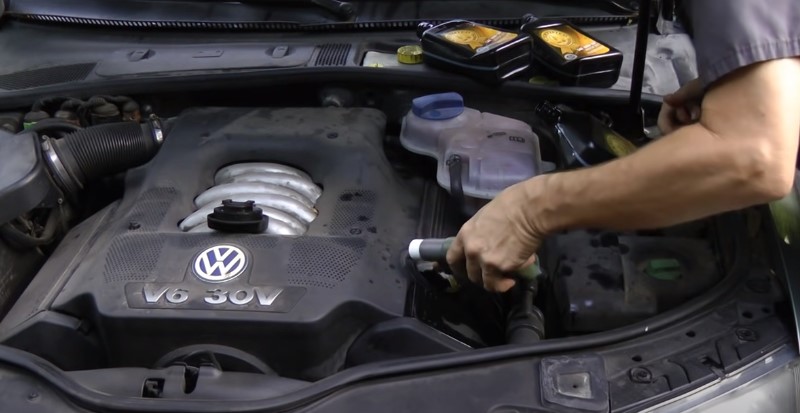
Understanding the significance of addressing oil leaks promptly can underscore the necessity of immediate action.
Preventing Engine Damage
Oil serves as the lifeblood of an engine, lubricating moving parts and preventing friction-related wear. An oil leak can lead to insufficient lubrication, causing increased friction and heat.
Over time, this friction can damage engine components, potentially leading to costly repairs or even complete engine failure.
Maintaining Optimal Performance
A well-lubricated engine operates efficiently, delivering smoother acceleration and better fuel economy. An oil leak disrupts this balance, affecting performance and potentially leading to reduced power, rough idling, and decreased fuel efficiency.
Preserving Environmental Health
Oil leaks contribute to environmental pollution by contaminating soil and water sources. When oil leaks onto roads and parking lots, rainwater can wash it into storm drains, which eventually lead to rivers, lakes, and oceans.
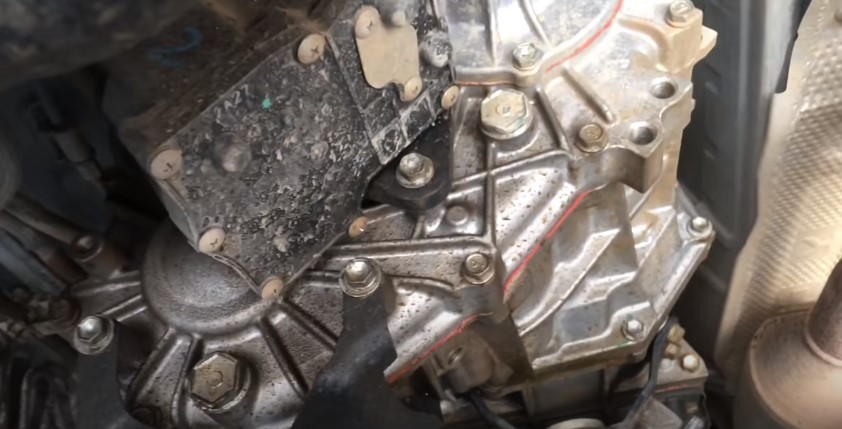
Timely repair prevents these leaks from causing environmental harm.
Avoiding Costly Repairs
Ignoring an oil leak might save money in the short term, but it often results in more extensive and expensive repairs down the line.
Addressing a small leak promptly is significantly more cost-effective than waiting until the issue escalates and causes additional damage to the engine or other components.
Ensuring Vehicle Longevity
Regular maintenance and swift action on issues like oil leaks contribute to the overall longevity of a vehicle. By addressing problems as they arise, owners can extend the lifespan of their vehicles and enjoy a smoother, trouble-free driving experience.
Resale Value Preservation
Well-maintained vehicles with a history of prompt repairs and maintenance typically have higher resale values. Taking care of oil leaks and other issues demonstrates responsible ownership and enhances the vehicle’s appeal to potential buyers.
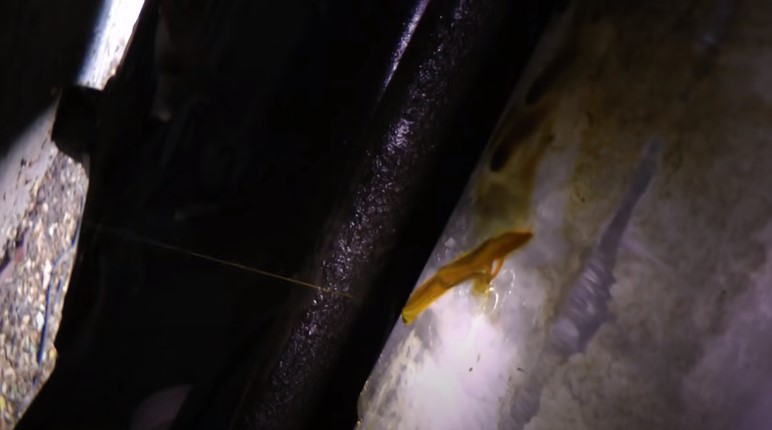
Cost-Related Factors in Fixing an Oil Leak?
Addressing an oil leak in a vehicle is not only essential for maintaining its performance but also for preventing potential long-term damage. The cost of fixing an oil leak can vary significantly depending on several factors that vehicle owners should be aware of.
Extent of the Leak and Location
The severity and location of the oil leak play a crucial role in determining the repair cost. A minor leak that requires a simple gasket replacement might be less expensive than a major leak stemming from a damaged oil pan or engine component.
Type of Vehicle
Different vehicles have varying engine layouts and complexities, which can influence repair costs. Luxury or high-performance vehicles might have more intricate engine designs, specialized parts, and potentially higher labor costs for repairs.
Replacement Parts
The cost of replacement parts is a significant factor. OEM (Original Equipment Manufacturer) parts are often more expensive but ensure compatibility and quality. Aftermarket parts might be more affordable but can vary in quality and may not fit as precisely.
Labor Costs
Labor charges contribute to the overall repair cost. Repairing an oil leak can involve significant labor, especially if the leak is in a hard-to-reach area. Labor costs can also vary depending on the repair shop’s hourly rates.
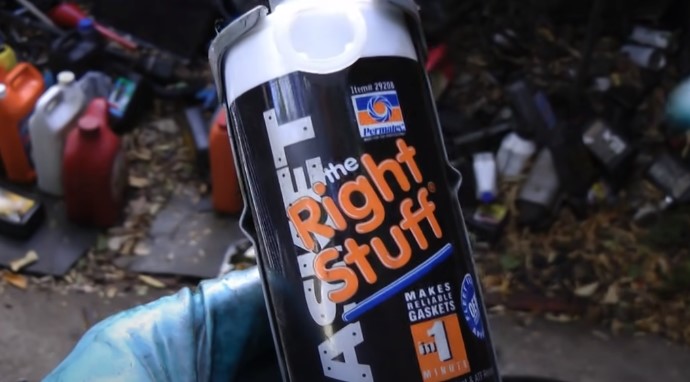
Additional Repairs
Sometimes, addressing an oil leak might reveal other underlying issues that require attention. For instance, if a mechanic discovers a damaged oil pan gasket, they might also recommend replacing the oil pan itself, adding to the overall cost.
DIY Versus Professional Repair
While some vehicle owners opt to fix minor oil leaks themselves, it’s essential to consider the expertise and tools required. DIY repairs might seem cost-effective, but improper repairs can lead to further damage and increased expenses in the long run.
Geographic Location
Repair costs can vary based on the geographic location of the repair shop. Labor rates, parts availability, and local market conditions can all influence the final cost of fixing an oil leak.
Warranty Coverage
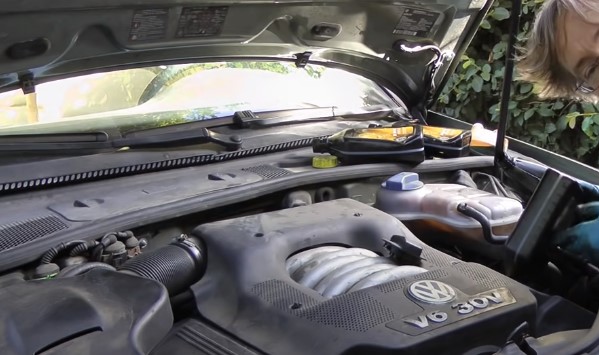
If the vehicle is still under warranty [1], certain repairs might be covered, reducing the out-of-pocket expenses for the owner. It’s important to check the warranty terms and conditions to understand the extent of coverage.
Conclusion
The cost of oil leak repair varies due to factors like leak severity, vehicle type, parts, labor, and additional repairs. Timely action is key to preventing further expenses.

